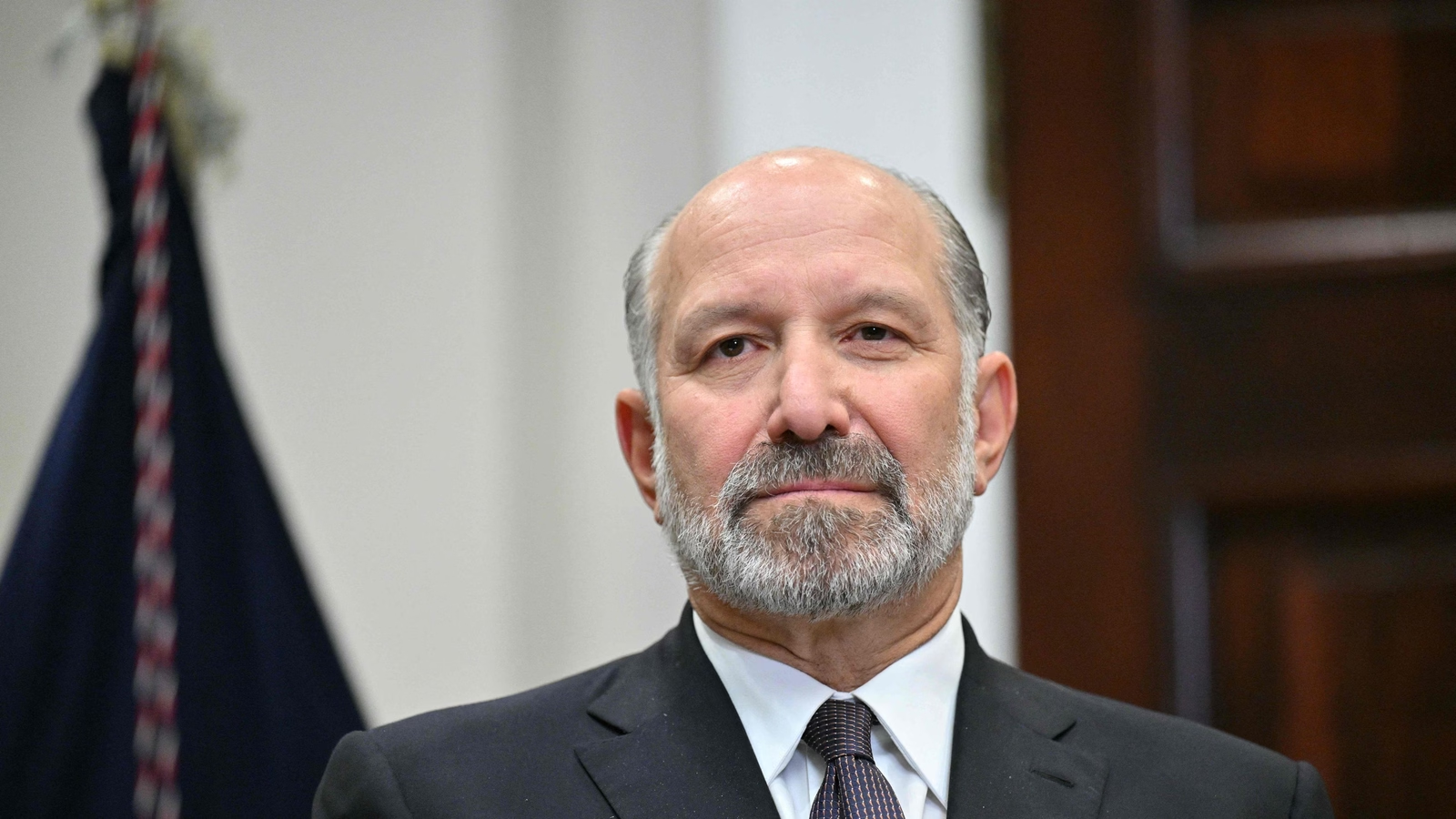Now Reading: Tensions in NCP Over IPS Officer Action Against Ajit Pawar
-
01
Tensions in NCP Over IPS Officer Action Against Ajit Pawar
Tensions in NCP Over IPS Officer Action Against Ajit Pawar

A fresh controversy has emerged within the Nationalist Congress Party as disagreements surfaced over action taken against Deputy Chief Minister Ajit Pawar by an IPS officer. The incident has exposed cracks within the party, with senior leaders, including Sharad Pawar, reportedly divided on how to handle the matter. The row comes at a critical time as the party navigates internal power dynamics and public perception.
The disagreement highlights contrasting approaches within the NCP—some leaders favor strict administrative adherence, while others are concerned about political repercussions. The incident has attracted widespread attention, with speculation about its impact on party unity and leadership decisions ahead of upcoming state-level elections.
For Tier 2 cities and smaller towns in Maharashtra, where the NCP has significant support, such disputes can influence local governance and political alliances. Citizens are watching closely how the party balances administrative accountability with internal cohesion, especially when high-profile leaders are involved.
The controversy also raises broader questions about the interaction between political authority and law enforcement. Actions taken against prominent political figures often spark debate on due process, fairness, and the independence of administrative officers, while also affecting public trust in governance.
As the NCP works to manage both internal dissent and external scrutiny, the resolution of this dispute will be closely monitored. The party faces the challenge of maintaining discipline without alienating key leaders, ensuring that administrative actions do not translate into political instability.
Ultimately, the outcome of this row will shape perceptions of the NCP’s leadership and its ability to handle sensitive situations. For citizens, particularly in Maharashtra’s Tier 2 cities, the incident is a reminder of how closely political maneuvering can intersect with governance and public accountability

























